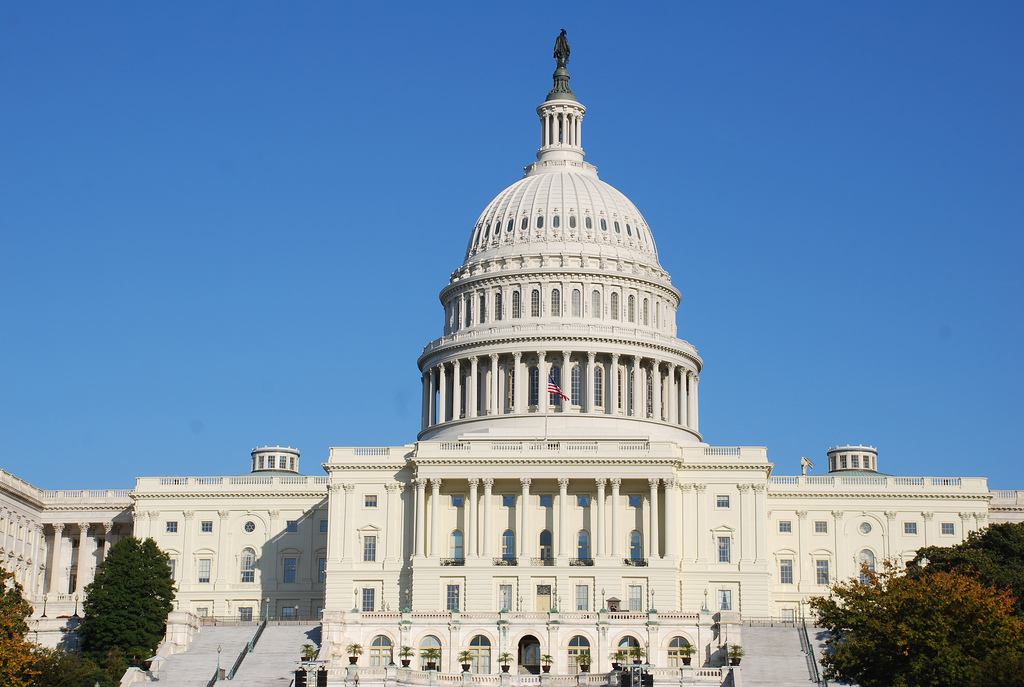The 10th district’s Rep. Jerry Nadler and the 12th’s Rep. Carolyn Maloney are the two Brooklyn members of Congress that have come out with clear positions on the FCC’s proposed approach to protecting net neutrality.
With Internet-based companies becoming a more important part of Brooklyn’s economy and net neutrality being viewed as critical to the ability of new companies to have a shot at creating markets for themselves, we’ve been following the current debate about net neutrality inside the FCC closely. In September, many Internet companies participated in Internet Slowdown Day. We also recently heard from Reddit’s general manager about why net neutrality matters for online competitiveness.
Medium and small companies in the innovation economy seem to agree, by and large, that the FCC’s approach to net neutrality isn’t neutral.
It would permit fast lanes for content providers who can afford it, which would fatten the pockets of the Comcasts and the Verizons of the world, while also protecting online incumbents. With the public comment period on the FCC’s proposed rulemaking closed, we wanted to find out how legislators in Brooklyn were thinking about the issue.
###
Technical.ly Brooklyn reached out to the six members of the House of Representatives who represent some part of Brooklyn (many of them have districts that extend beyond the borough, as well). We asked if they had a position on whether or not broadband service providers should be regulated under Title II (as a utility) or under Section 270 of the Telecommunications Act (the approach favored by FCC Chairman Tom Wheeler).
The website Battle For The Net, which organized the slowdown day, has every U.S. legislator, the president and all the FCC commissioners listed on a giant scorecard as “Team Cable,” “Team Internet” and “Unknown.” It does not, however, show you what the assessment is based on.

Battle For The Net’s “political scoreboard.” (Screenshot via battleforthenet.com)
Here’s what we heard from Brooklyn’s congressional delegation:
Rep. Jerry Nadler,
of the 10th District (which is also largely Manhattan) is the only one indicated on that site as “Team Internet.” The rest of the borough’s House members marked as unknown.
Nadler sent a letter to the FCC in May in which he expressed his position that broadband providers should be regulated as common carriers (that is, under Title II). Nadler wrote, “We must not allow for a pay-to-play internet where one company can refuse to allow fast access to another company unless they pay a premium. This type of online discrimination is unacceptable, will lead to anti-competitive behavior, and will stifle innovation.”
Nadler represents parts of South Brooklyn and the coast of Red Hook. His main base is in Eastern Manhattan. It’s one of the strangest districts in the city, all of which you can see mapped here.
Rep. Carolyn Maloney,
whose district includes most of Williamsburg and Greenpoint, emailed Technical.ly Brooklyn to say, “The FCC should back way from its current proposal and instead use its authority under Title II of the Communications Act to protect net neutrality by reclassifying the transmission component of broadband Internet access as a telecommunications service.”
While she took no specific action during the comment period, she has gotten praise from NetRoots in the past. She also voted for an amendment to an advanced broadband bill in 2006 that delineated the basic tenets of net neutrality. She called that amendment the First Amendment for websites in her newsletter. That amendment and the bill ultimately failed.
Rep. Yvette Clarke,
of the 9th District, has issued two press releases on the issue so far, without directly addressing the question of the basis for regulations. In January, after the District Court of Appeals decision in Verizon v. F.C.C., she raised concerns that broadband providers could stifle speech they disagreed with. In April, she released a subsequent press release about the FCC’s new proposed rule on net neutrality that would permit tiers of service.
She said, “I am concerned that the decision to allow for a ‘fast line’ will place others in a ‘slow lane.’ This rule could harm small businesses, for example, that cannot afford the fees a multinational corporation could pay for better service.” It seems safe to interpret Clarke’s later statement as support for the Title II approach.
Clarke’s district covers much of the center of Brooklyn, from Prospect Park to Brownsville and just north of Coney Island.
Rep. Hakeem Jeffries,
of the 8th District, which includes Downtown Brooklyn, affirmed his commitment to net neutrality through his staff, but did not address the FCC’s proposed rule.
Rep. Nydia Velzquez,
of the 7th District, is the ranking member of the House Committee on Small Business. When FCC Chairman Tom Wheeler spoke before the committee on Sept. 17, she welcomed him with a prepared statement, saying, “Many new businesses are designed around emerging technology based on the access of broadband. For these reasons it is even more important to enable small firms to utilize broadband and the nearly limitless technologies derived from it.” She later added, “The number of jobs dependent on technology is expected to grow — creating opportunities for large and small companies in every sector of the U.S. economy.” However, there was nothing in her statement that either side would have had any trouble agreeing with.
The 7th District includes Dumbo.
Rep. Michael Grimm,
of the 11th District, whose Brooklyn turf runs from Borough Park to Gravesend, did not respond to multiple requests for comment. There are no statements about net neutrality on his website. In 2011, he did write this curious Facebook post, however.
//
Join our growing Slack community
Join 5,000 tech professionals and entrepreneurs in our community Slack today!
Donate to the Journalism Fund
Your support powers our independent journalism. Unlike most business-media outlets, we don’t have a paywall. Instead, we count on your personal and organizational contributions.
